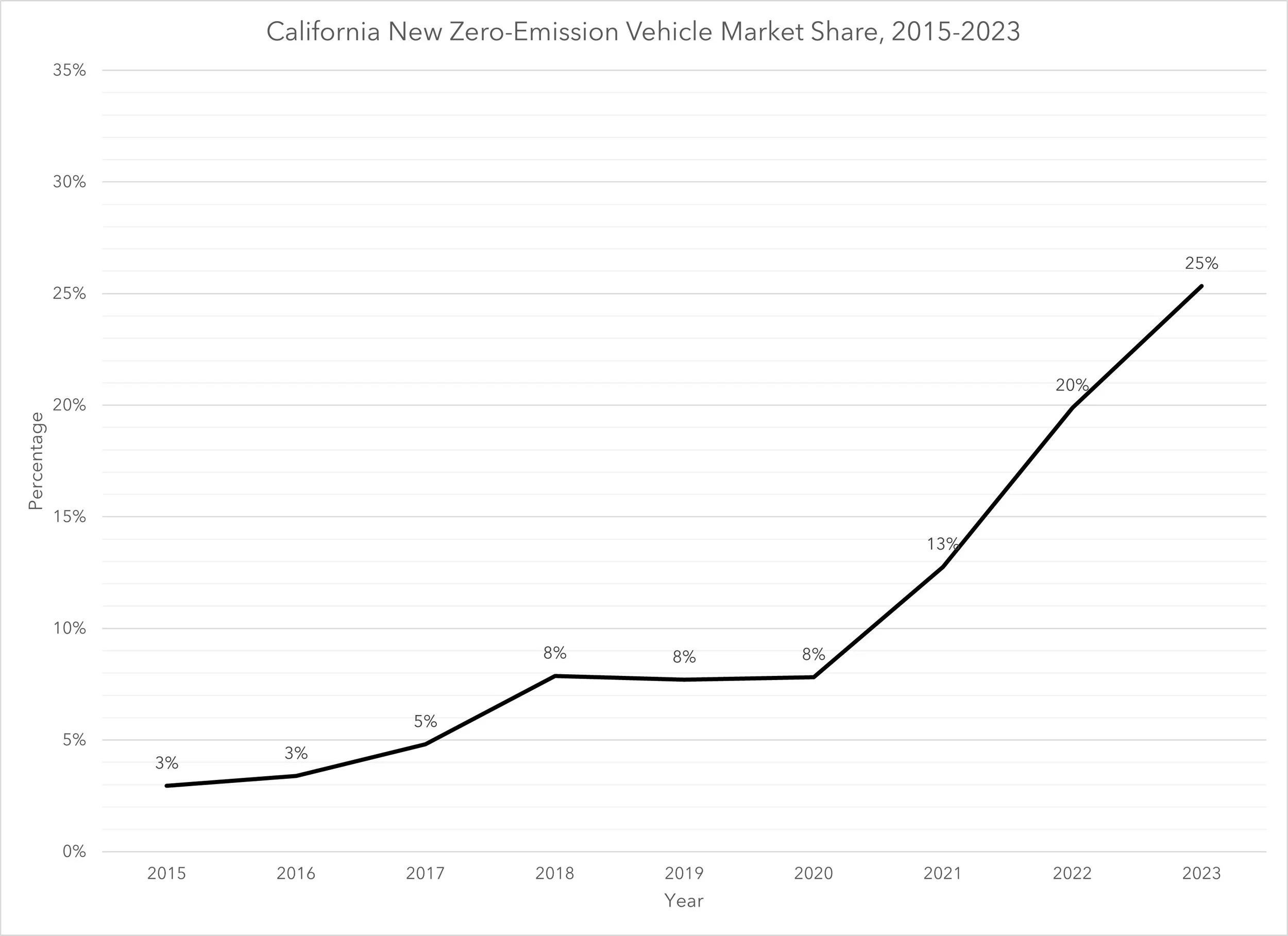If New Yorkers are sweating the heat this summer—they can’t be blamed.
2024 is not only the hottest year in recent memory, but it’s also the hottest year on record (to date), exceeding the previous hot weather records set in 2012, and again in 2023.
New Yorkers aren’t sweating it alone. Globally, last month wasn’t just the hottest June ever recorded, it also marked the first-ever, rolling 12-month period where average temperatures across our planet exceeded the 1850-1900/pre-industrial reference baseline by more than 1.5 degrees (it was, in fact, 1.64 degrees higher). Per Carlo Buontempo, director of the Copernicus Climate Change Service:
“This is more than a statistical oddity and it highlights a large and continuing shift in our climate.”
New Yorkers may also recall at this same time last year that they, and their Northeastern neighbors, were the downwind victims of Canada’s record, raging wildfires, referred to as a “smokepocalypse.” Given the scope, scale, and intensification of the climate crisis, both New York’s State Legislature and past and current Governor’s administrations have recognized the need to take climate action.
In fact, it was five years ago today that Governor Cuomo signed the Climate Leadership and Community Protection Act (Climate Act) into law. At the time, New York State’s Climate Act was among the most ambitious climate laws in the nation, requiring the state to reduce economy-wide greenhouse gas emissions 40 percent by 2030, and no less than 85 percent by 2050 from 1990 baseline levels.
That’s why, in the face of yet another record-breaking heatwave, it’s particularly vexing that lawmakers and the Governor allowed a fifth legislative session to close, without adopting a Clean Fuel Standard (CFS). To reach the goals set in 2019’s Climate Act, and to offset the costs of Cap-and-Invest, a CFS is critical, as it guarantees that corporate polluters are the ones paying for the clean transportation transition, not consumers.
In California, which implemented the first program of this type in the country over a decade ago, the Low Carbon Fuel Standard (LCFS) has been the workhorse of CA’s equivalent of NY’s Climate Act, the Global Warming Solutions Act of 2006 (AB 32). The LCFS, which makes polluters pay for developing and deploying clean fuel alternatives and electric vehicles through a credit-trading system based on total life-cycle emissions of transportation fuels, has exceeded every carbon intensity reduction goal set!
Today, California drivers have displaced 60% of their petroleum diesel use with cleaner low-carbon liquid fuels. In addition, the state also leads the nation in electric vehicles (EVs).
Source: Argus Media
EV penetration in California is due in significant part to its highly successful LCFS program, which directs a portion of credit proceeds generated from residential electric vehicle (EV) charging into point-of-sale EV rebates, further lowering vehicle costs to consumers. LCFS credit revenues for commercial EV charging stations also reduce the payback period on charging stations by at least 60%, incentivizing charging infrastructure development ahead of actual demand.
Source: California Air Resources Board
CFS adoption is needed, not only to meet the challenge of the climate crisis by specifically targeting the 35% of New York’s GHG emissions generated by the transportation sector, but also to address the state’s poor air quality.
Dirty transportation fuels not only emit heat-trapping gases, but they also generate criteria pollutants—leading to NY to be ranked among the lowest in the nation for clean air. These pollution impacts lead to chronic asthma, cancer, heart disease, higher COVID rates, and other costly health issues. Moreover, they have been shown to disproportionately harm communities of color who, on average, breathe 66% more air pollution from vehicles than white residents.
As a result of the environmental, health, and economic benefits of a CFS, two in three New Yorkers surveyed already support this proven policy—isn’t it long past time for New York’s elected lawmakers to support its adoption, too?



